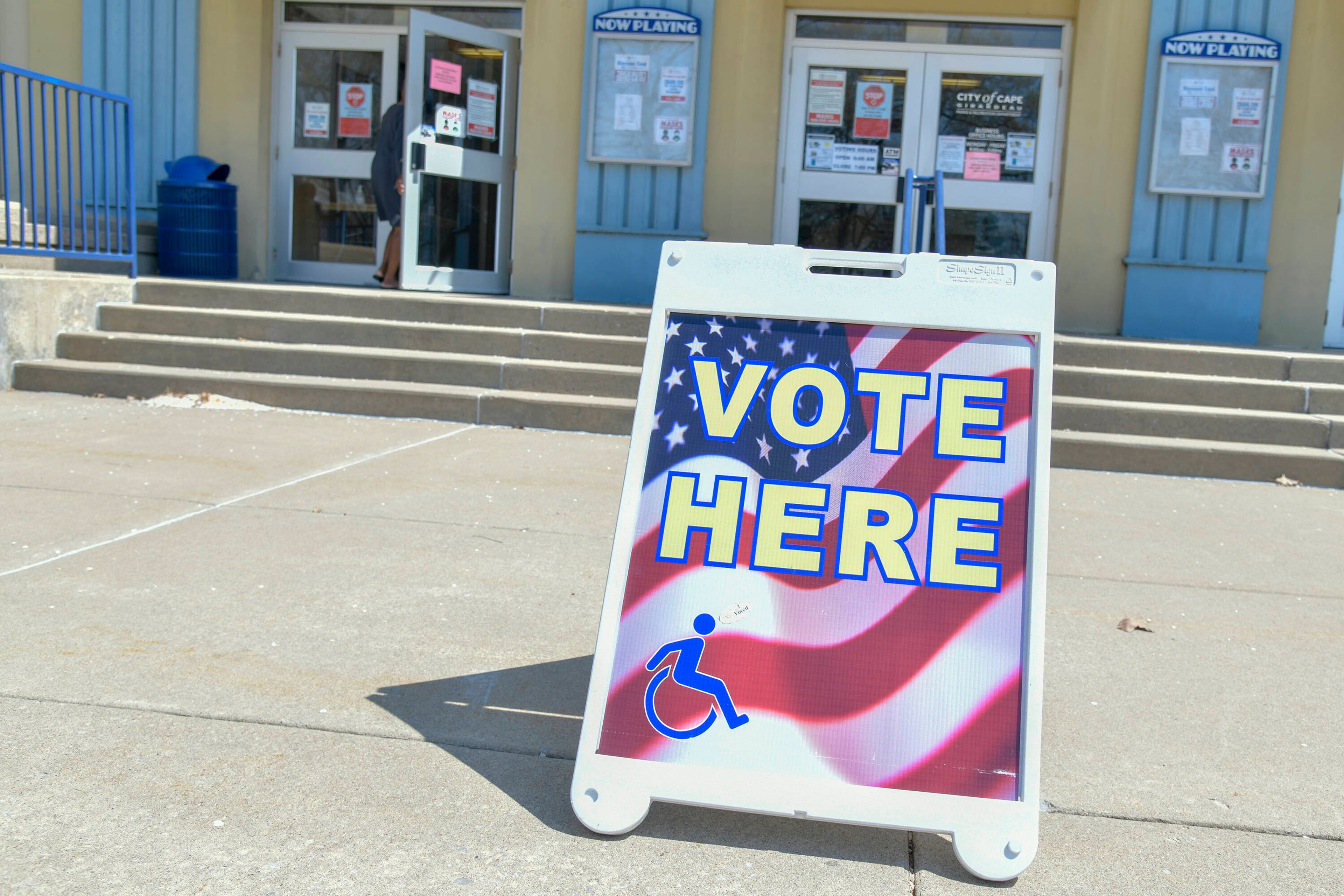Receiving unwanted political text messages? Loophole explained
Politicians exploit a loophole in the Telephone Consumer Protection Act to send unsolicited political texts legally by manually dialing numbers. Learn why this practice persists and its impact on voters.
A federal law created in 1991 sought to prevent certain phone call telemarketing practices.
Called the Telephone Consumer Protection Act (TCPA), the law restricted corporations from using robocall technology to send mass advertising messages to people’s landline phones.
The law also applies to politicians, though politicians, because of First Amendment considerations, are given more latitude than businesses and corporations.
As local and national elections draw closer, politicians are using a loophole in the TCPA to send unsolicited political text messages. The TCPA, a law designed to limit telemarketing calls, also covers text messages. However, if politicians manually dial numbers instead of using auto-dialing technology, they can legally send these texts without prior consent.
“Robotexts — text messages generated through auto-dialing — are also considered a type of call and fall under robocall rules,” according to a document from the Federal Communications Commission, forwarded to the Southeast Missourian from an FCC official. “As text messages generally go to mobile phones, robotexts require the called party’s prior express consent. However, political text messages can be sent without the intended recipient’s prior consent if the message’s sender does not use auto-dialing technology to send such texts and instead manually dials them.”
Both sides of the political aisle use the loophole to deliver messages directly to people’s cellphones. A report by NBC News in 2022 stated that more than 15 billion political texts were sent in 2022, about 50 messages for every phone in the country.
In one such recent example, a message from the 417 area code sent a mass text message June 28: “Sen. Schmitt: Putting Biden on stage was clearly elder abuse. It’s not just bad politics, it’s cruel. Will he be replaced?” The message then included a link, with the added message “Stop to stop.”
In April 2021, the U.S. Supreme Court sided with Facebook that the technology it used to send certain text messages regarding login notifications did not meet TCPA definitions of the robocall equipment that triggered the TCPA. That language describes autodialers as technology that stores phone numbers, and randomly or sequentially dials phone numbers for message delivery.
The loophole politicians use appears similar to a recent U.S. Supreme Court ruling that revoked a Bureau of Alcohol, Tobacco, Firearms and Explosives regulation on bump stocks. The court in that case said that even though a bump stock made a weapon behave like a machine gun, it did not meet the specific definition of a machine gun as laid out in the law.
How messages are sent
As it relates to rapid-fire text messages, politicians start with a database of cellphone numbers, according to James Newman, a Southeast Missouri State University political science associate professor.
“They can purchase these through any number of ways, and they can enter them into something that, as long as it's not auto dialing — you can actually enter this into your phone over time, and then you can just start sending," Newman said. "You can enter (the numbers) into a computer, and then using an app, you can communicate the information, and as long as it's done without an autodialer, then it's legal. And that may seem like a fine line, but that's the line.”
Newman added that politicians face the same type of challenges that all businesses do with advertising. Sending text messages is a low-cost and effective way to get messages in front of people.
“There are so many ways people gather information, and the way people get information is quite diverse,” he said. “In the 20th century, for the most part, every voter got information pretty much the same way, regardless of age. Today that’s different. The viewership of traditional newscasts, readers of newspapers and how people consume information varies greatly by age.”
Public reaction
The Southeast Missourian recently posted a question on its Facebook page asking people whether they were receiving unsolicited political text messages. The post generated 50 comments, some saying they received multiple messages per day. Some said they were “bombarded” or “too many to count from both political parties.” One reader said she received 10 to 12 such messages a day. Others said they received messages disguised as county “surveys”.
One reader said she received texts from Kellyanne Conway and Judge Mike Carter; that reader said it “doesn’t matter whether I agree with them or not — I don’t appreciate the texts.”
Several said they received messages from local candidate Chris Dinkins, who is running for the Missouri District 27 Senate race against Jamie Burger. She said text messages are meeting a need to communicate with voters.
“I know people say they don’t like texts, just like they say they don’t like TV ads, radio ads, newspaper ads or direct mail, but the reality is that candidates have to have a way to communicate with voters,” Dinkins wrote in a comment on the post. “Local press doesn’t cover elections anymore like they used to. There hasn’t been any coverage on the Senate race except the initial article on who is running. I’ve sent out two texts since my race began a year ago, and they both have options to opt out — if you say stop, you are automatically opted out. A lot of people reply back and say they are happy to get more info because they haven’t heard of any of the candidates.”
The law is entangled by the First Amendment. Political speech is embedded in the First Amendment of the U.S. Constitution.
“The short version is, campaign speech is free speech. Commercial speech is not given the same protections as campaign speech,” Newman said. “So the free speech considerations in our First Amendment apply more broadly to campaign speech than they do to commercial messaging."
Newman said politicians using the loophole appear to conflict with the spirit of the TCPA, but he also doesn’t see any big push to end the practice. Politicians have much higher political priorities. Besides that, it would be counterproductive for politicians to end a practice that benefits their messaging options. He said the practice will have to get wildly out of hand for there to be enough pressure to change the law.
Newman also said the annoyance from political texts messages are not strong enough to prevent someone from voting for a particular candidate, especially not in national elections.
“If you look in the comments section after this article, you will probably find people that say ‘I’m not voting for Candidate “A” because that person sends me texts,’” Newman said. “However, when you ask people how they voted, that’s never mentioned. It is inconvenient and it is a mild annoyance, but there’s no way that's going to be their focus. There’s no way that’s going to force someone to say ‘I really care about the border, but I’m going to change my vote’ because of a text message.”







